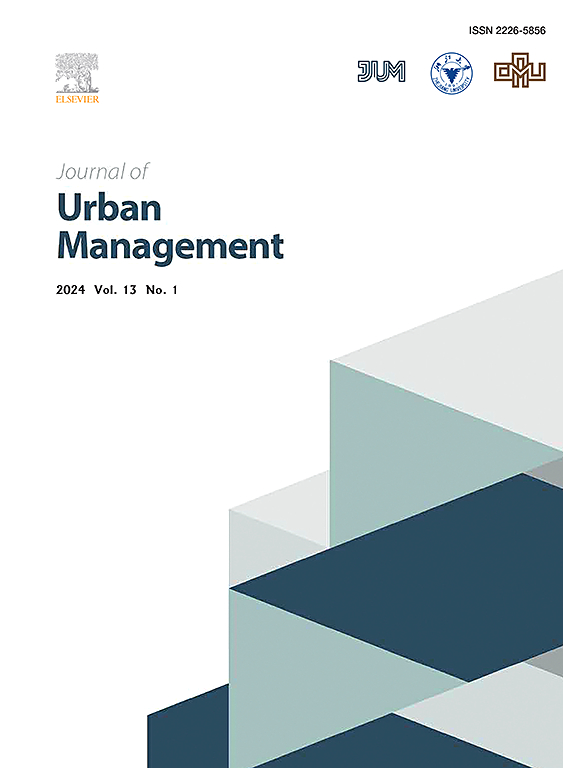COVID-19 在全球南部是否存在歧视?基于孟加拉国、中国、印度和菲律宾的证据,揭示城市家庭生计复原力的异质性
IF 5
2区 社会学
Q1 URBAN STUDIES
引用次数: 0
摘要
在应对 COVID-19 时,"生命还是生计 "是一个难以权衡的问题,尤其是对全球南部的城市而言。保护人民生命的对策可能会对城市家庭产生负面影响,并考验他们的生计复原力。COVID-19 是否存在歧视?在不同国家和城市内部以及不同国家和城市之间,不同城市家庭的生计复原力是否存在差异?已有的研究主要关注农村家庭在气候变化或自然灾害下的生计恢复能力,这些研究基于单一国家的背景。而对于不同国家和城市的城市家庭在 COVID-19 情况下的生计复原力的多样性则知之甚少。本研究旨在通过揭示城市家庭个体层面和国家层面生计复原力的异质性来填补这一空白。本研究从孟加拉国、中国、印度和菲律宾的七个城市收集了第一手问卷调查数据(N = 4374)。结合定量和定性分析方法,研究发现COVID-19 确实具有区分性。家庭规模较大、无住房、无金融资产的城市家庭,以及受教育程度低、非正式就业、无法灵活在家工作的家庭户主是弱势群体。COVID-19 还对不同城市进行了区分。非正规工人比例高、没有有效的经济救济政策和长期采取严格的流动限制措施的城市表现较差。本文章由计算机程序翻译,如有差异,请以英文原文为准。
Did COVID-19 discriminate in the global South? Revealing heterogeneity of urban households’ livelihood resilience based on evidence from Bangladesh, China, India and Philippines
“Lives or livelihoods” is a hard trade-off when confronting COVID-19, especially for cities in the Global South. Countermeasures to protect people's lives may exert negative impacts on urban households and test their livelihood resilience. Did COVID-19 discriminate? Did livelihood resilience vary among different urban households within and across different countries and cities? Established studies focused on rural households' livelihood resilience under climate change or natural hazard based on single country context. Little is known about the variety of urban households' livelihood resilience under COVID-19 across countries and cities. This study aims to fill this gap by revealing heterogeneity of livelihood resilience at both individual urban household level and country level. First-hand questionnaire survey data (N = 4374) were collected from seven cities from Bangladesh, China, India, and Philippines. Using a combination of quantitative and qualitative analytical methods, it's found that: COVID-19 did discriminate. Urban households with larger household size, no home ownership, no financial assets, and household heads with low education level, informal employed and no flexibility to transfer to work from home, were vulnerable groups. COVID-19 also discriminated across cities. Cities with a high ratio of informal workers, no effective economic relief policies and long stringent mobility restriction measures performed worse.
求助全文
通过发布文献求助,成功后即可免费获取论文全文。
去求助
来源期刊

Journal of Urban Management
URBAN STUDIES-
CiteScore
9.50
自引率
4.90%
发文量
45
审稿时长
65 days
期刊介绍:
Journal of Urban Management (JUM) is the Official Journal of Zhejiang University and the Chinese Association of Urban Management, an international, peer-reviewed open access journal covering planning, administering, regulating, and governing urban complexity.
JUM has its two-fold aims set to integrate the studies across fields in urban planning and management, as well as to provide a more holistic perspective on problem solving.
1) Explore innovative management skills for taming thorny problems that arise with global urbanization
2) Provide a platform to deal with urban affairs whose solutions must be looked at from an interdisciplinary perspective.
 求助内容:
求助内容: 应助结果提醒方式:
应助结果提醒方式:


